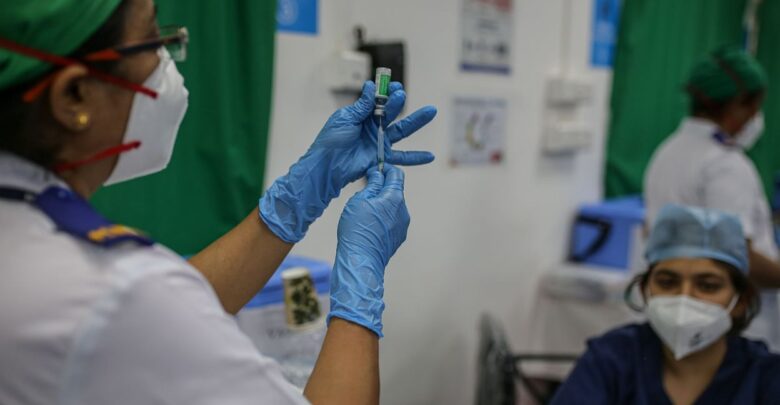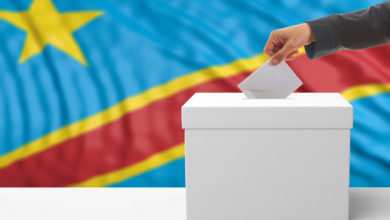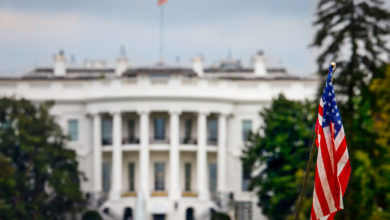
The World Health Organization (WHO) on Friday said that individuals who are most vulnerable must be prioritized for the Covid-19 booster vaccine dose, reported The Hindustan Times. The latest guidelines have been revised by the Strategic Advisory Group of Experts (SAGE), the WHO’s principal advisory group.
At a press briefing, the United Nations health agency said the SAGE reviewed the data on booster jabs of Covid-19 vaccines and found that protection from the primary two doses wanes over time.
“Boosters are part of the vaccination program, but it doesn’t mean unfettered use to all ages,” said Dr. Kate O’Brien, the Director of the Department of Immunization, Vaccines, and Biologicals at the WHO.
In the latest revised guidelines, the health body said that it recommends booster doses of the Pfizer-BioNTech vaccine to be given first to the highest vaccination priority group.
The SAGE has divided priority groups into four categories – highest priority use, high priority use, medium priority use, and lowest priority use. The priority risk groups have been divided on the basis of the extent of the severity of Covid-19 and death.
The high-priority group includes older adults, immunocompromised persons, and health workers, followed by adults with co-morbidities, pregnant women, teachers and other essential workers, and disadvantaged demographic groups. It added that the booster doses must be given nearly four to six months after receiving the first two doses.
The WHO said healthy children and adolescents fall in the lowest priority-use group due to their relatively low risk of severe disease, hospitalization, and death, so, vaccinating the young age group is less urgent than vaccinating older adults.
Meanwhile, WHO’s Africa director, Dr. Matshidiso Moeti said future waves are inevitable as long as the virus continues to circulate.
She said Africa must not scale up immunization as well as gain expanded and equitable access to essential treatments for Covid-19. Though there is a decrease in the number of new cases, vaccination rates remain low in Africa, with only 10% of the population fully vaccinated.






